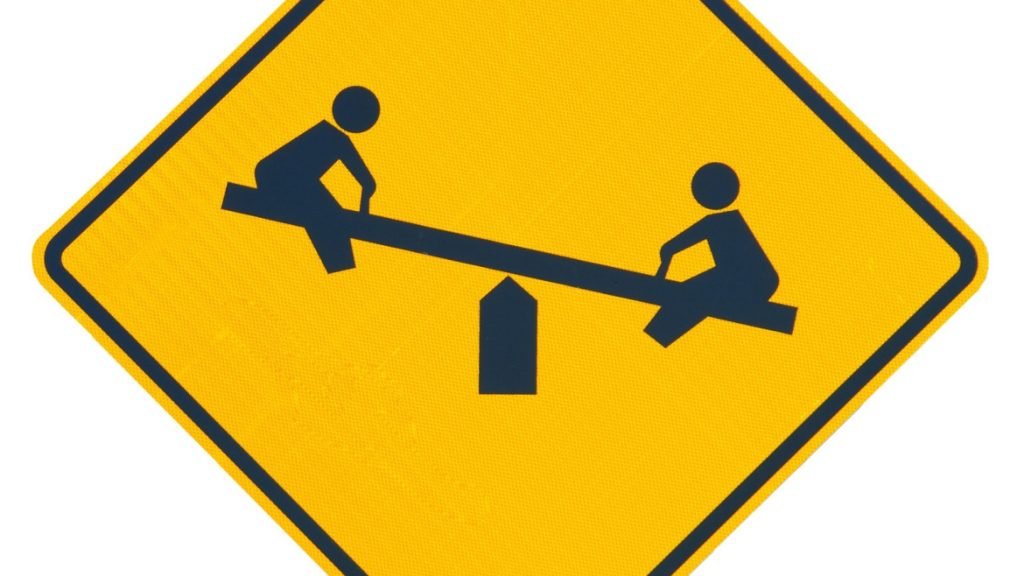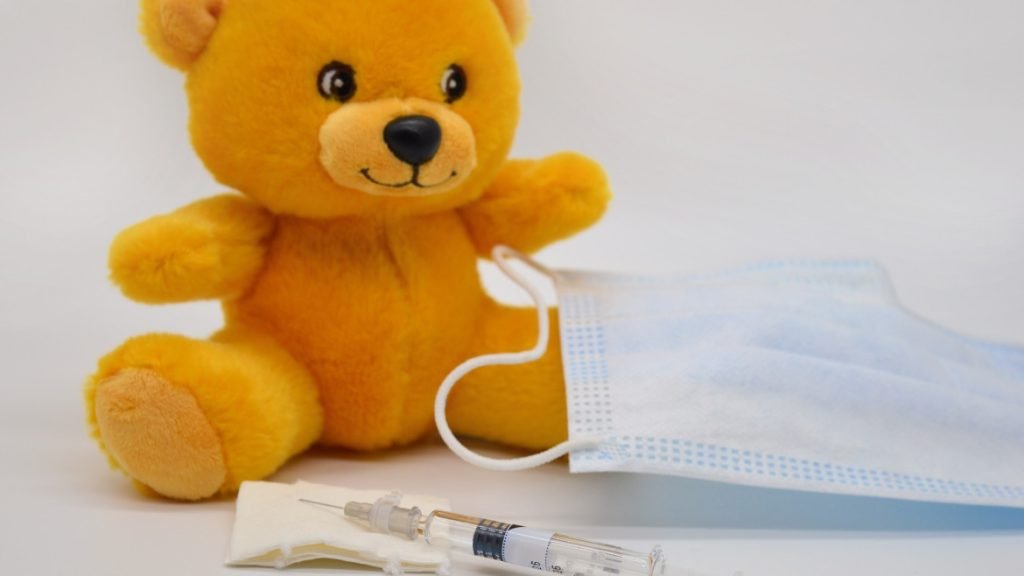Pediatrician-Approved Tips for Better Bedtimes
Why Good Sleep Matters
Children who sleep well learn better, stay healthier, grow properly, and handle emotions. Kids without enough rest often struggle with mood swings, attention, immunity, and even their growth. Studies from the American Academy of Pediatrics show that bedtime routines can significantly improve all these areas—and that’s why Pediatrician-Approved Tips for Better Bedtimes matter.
How Much Sleep Kids Need
Age-based sleep targets (including naps):
Infants (4–12 months): 12–16 hrs
Toddlers (1–2 yrs): 11–14 hrs
Preschoolers (3–5 yrs): 10–13 hrs
School-age (6–12 yrs): 9–12 hrs
Teens (13–18 yrs): 8–10 hrs
These numbers guide us in setting reasonable bedtimes—one of our best Pediatrician-Approved Tips for Better Bedtimes.
Five Pediatrician‑Approved Tips for Better Bedtimes (Fully Explained)
Consistent, Calm Routine
A short, structured evening routine (bath → brush teeth → story → back rub) signals winding down.
You don’t need an elaborate process—just reliable steps each night.
Age‑Appropriate Bedtime
Work backward from your child’s wake time to find a bedtime that meets recommended sleep hours.
For most young children, 7–8 pm works best, aligning with their internal clock.
No Screens Before Bed
Reserve the hour before bedtime for screen-free activities.
The light from TVs, tablets, and phones delays sleep hormones.
Use this time for quiet play, reading together, or calming music.
Spot Overtired Cues
Restless behavior, fidgeting, frequent yawns, or mood swings mean your child may not be ready for bed.
If you notice these signs, try moving bedtime up by 15–30 minutes.
Positive Bedtime Interactions
Let your child pick pajamas or books to avoid battles.
Use gentle encouragement and praise, e.g., “Thanks for getting in bed so nicely.”
Depart with a hug or kiss—calm and loving.
Sleep Regressions: What to Expect and What Helps
Pause in sleep during developmental stages is normal.
Common regression periods: 4, 9, 18, and 24–36 months.
During regressions:
Stick to your established routine; it reduces anxiety.
Offer brief reassurance without introducing new habits (like rocking).
Progress takes 2–4 weeks in most cases. Consistency is key.
Tips for Older Kids & Teens
Sleep isn’t just important for little ones. You can help school-age children and teenagers with:
No screen use in bed – keep phones and laptops out of their rooms.
Comfortable setting – slightly cool room, dim lighting, and calm atmosphere.
Wind-down habit – reading, journaling, or quiet stretching before lights out.
Stable schedule – wake and bedtimes within an hour of those during school days, even on weekends.
When to Call Lifeguard Pediatrics
Your child might need medical help if you notice:
Loud snoring or interrupted breathing in sleep.
Frequent night terrors, sleepwalking, or intense bedtime fear.
Consistently sleeping much less than recommended.
Daytime sleepiness, attention issues, or behavior problems tied to poor sleep.
Our pediatric team offers tailored evaluation and advice—because sleep issues can affect the whole family.
FAQ — Sleep & Services at Lifeguard Pediatrics
1. Does Lifeguard Pediatrics offer sleep consultations?
Yes. Our team reviews sleep routines, growth patterns, daytime behavior, and physical health to create personalized plans.
2. Can poor sleep affect behavior and learning?
Definitely. Sleep deprivation often shows up as irritability, inattention, learning setbacks, and mood issues. Improving sleep can help with academics and emotional health.
3. What about sleep issues during check‑ups?
We ask about sleep at all wellness visits. Please bring up any trouble falling asleep, disruptions at night, or fatigue during the day.
4. Do you see teens for sleep concerns?
Yes. Older kids often struggle from screen use and social schedules. We help realign their routines to support natural sleep needs.
5. Is telehealth available for sleep support?
We offer telehealth for certain consultations, including sleep advice. Reach out to see if it suits your situation.
6. Do you follow national guidelines?
Absolutely. Our tips align with American Academy of Pediatrics recommendations and other pediatric research backed by studies and clinical experience.
Expert Source
Learn more about children’s sleep from a trusted resource like the American Academy of Pediatrics’ HealthyChildren.org, which offers detailed guidance and practical tips.
Call to Action
Helping your child sleep better can improve their health, behavior, learning, and family life. These Pediatrician-Approved Tips for Better Bedtimes are based on real experience and medical standards.
Need more support? Contact Lifeguard Pediatrics in Warner Robins today. We’re here to help your family get the rest it deserves.
📍 107 Peacock Drive, Warner Robins, GA 31088
📞 (478) 922‑3074 · 📧 lifepeds@yahoo.com
🌐 www.lifeguardpediatrics.com · Book online anytime


